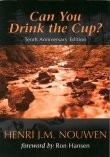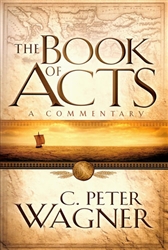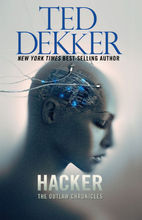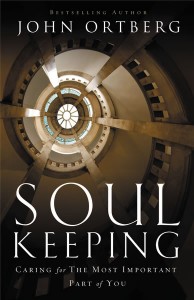“Can you Drink the Cup?” Henri Nouwen

Photo courtesy of HenriNouwen.org
There’s something very soothing about Nouwen’s writing. His humility, wisdom and love for God are always reflected in his words. This small book is no exception.
Even though it’s easy to read, it’s important to allow his words and the messages he brings to percolate in your heart, so don’t rush this one.
The book reflects on the question Jesus asked James and John who perhaps answered a little too quickly in the affirmative. They were grappling for prominent positions within the disciples ranks and wanted to demonstrate their willingness to do anything Jesus asked.
Nouwen explores the question and the significance of the Cup using the three stages of drinking something: holding the cup, lifting it and, finally, drinking from it. It is a symbol of life that comes full of joys and sorrows.
In using examples from his own life caring for the disabled, Nouwen provides a wonderful outline to what drinking the Cup means and how to go about fully experiencing it.
Highly recommended.





